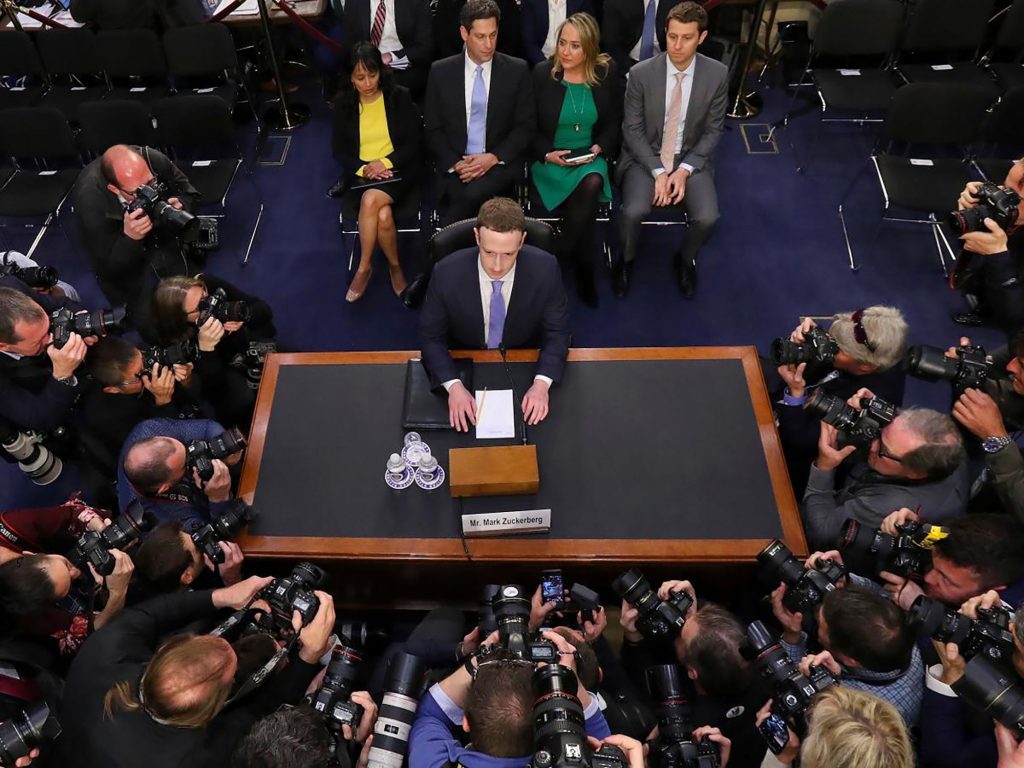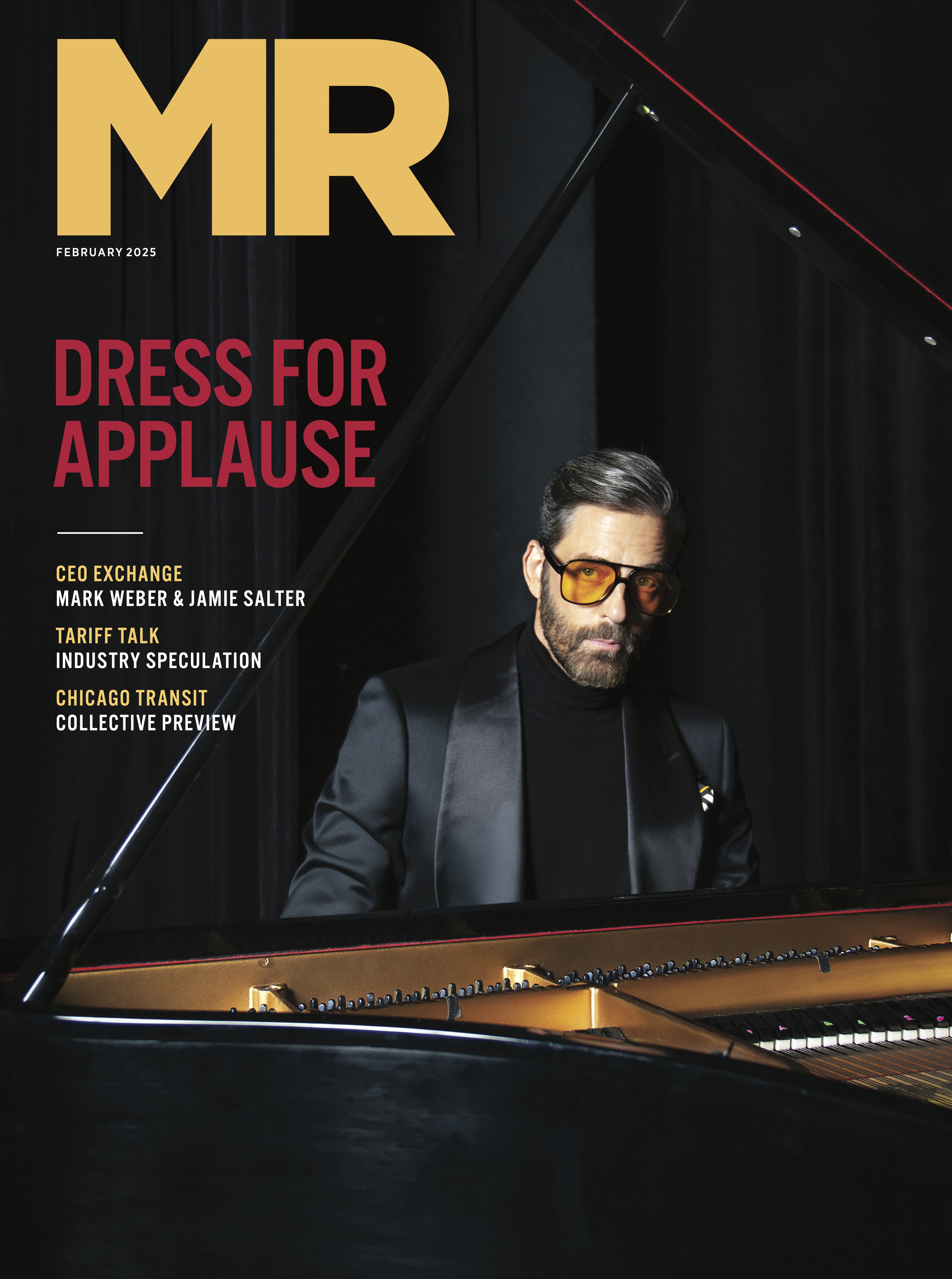HOW COMPANIES CAN APOLOGIZE WITHOUT GETTING SHUNNED…OR SUED


The corporate apology, once deemed a rare occurrence, is now commonplace, an indispensable part of the daily corporate colloquy. From conglomerates to politicians, from YouTubers to teenaged Instagram influencers, everyone seems to be rushing at an alarming rate to deliver high-minded, low impact apologies. Sean O’Meara, the co-author of The Apology Impulse, helps break down why brands and celebrities continue to shell out lackluster apologies, only for them to fall on deaf ears.
In this age of cancel culture, it seems brands are constantly teetering between creating astronomically successful, buzz-worthy campaigns and orchestrating major PR blunders. From Facebook’s lukewarm apology for its notorious 2018 Cambridge Analytica data breach to fast-food chain KFC’s tongue-in-cheek apology for running out of chicken—nobody is immune to the public’s demand for apologies. Paradoxically, a PR scandal can make for good clickbait, capturing audiences who might not have otherwise heard of the company. This could explain why Heineken paid a hey sum to create a shockingly racist ad, intentionally presenting itself in a poor light. And too, there had to be a compelling reason for Mark Zuckerberg to deliver a 934-word apology regarding his company’s numerous privacy scandals without saying sorry, knowing full well that it could end up being Facebook’s albatross. Companies are perpetually churning out substandard apologies, despite knowing that these could forever live on in the public consciousness.
From Juul CEO apologizing for teenagers getting addicted to their vaping products, to Qatar Airways CEO stating that women couldn’t do his job—corporate apologies know no bounds. In the U.K. in January 2018 alone, 25 high-pro le apologies were disseminated to the public. That said the ubiquity of public apologies does not reflect their effectiveness. Much like in a lovers’ spat, companies often rush to apologize to avoid subjecting themselves to further public reproach. But is defusing the issue enough? Few major companies worldwide seem to be doing much more than brushing the problem under the rug. In a sense, the perfect public apology seems to be the Loch Ness monster of the corporate world: some claim to have seen one now and then, but few believe the apology success. As O’Meara notes, “The current mess is a supply and demand problem. There isn’t enough genuine atonement to go around. In the absence of genuine apologies that consumers demand, crude fakes are flooding the market.”
So why is it that most companies still struggle to apologize for their transgressions, an act that most of our parents taught us as toddlers? First and foremost, organizations will go to extreme lengths to circumvent legal responsibility. “Everyone is apologizing and no one is saying sorry,” O’Meara explains. “The prevailing corporate orthodoxy is to not say sorry if doing so could be taken as an admission of liability for something really bad. Organizations apologize for trivialities that pose no risk of inviting litigation while withholding the box office mea culpas from the people who genuinely need them.” Oscar Munoz, CEO of United Airlines, made three attempts at apologizing for his airline forcibly dragging a passenger down the aisle, to the point where he was bloody. Not once did he actually use the word “sorry”—instead, he described the incident as an overbooking issue, only to later admit that the flight wasn’t overbooked at all. For decades, companies have been toiling away under the misassumption that apologizing could result in a lawsuit. But the Compensation Act (2006) clarifies that this simply isn’t the case.
Secondly, corporate apologizing has become an act of performative atonement carried out by public relations departments and communications experts. They will keenly ‘express deepest regrets’ and ‘apologize for the inconvenience’ with the solitary purpose of not saying they’re sorry. “It’s a contrition-free allusion to generic regret, a placeholder where the apology should be,” O’Meara posits.
Who delivers the apology matters just as much as the actual content of the apology. If an anonymous spokesperson delivers an apology, we assume that the issue isn’t earth-shattering. But if a CEO apologizes, we know that the situation has effectively hit the skids. In the horrifying Alton Towers theme park accident, the CEO of Merlin Entertainments, Nick Varney, appeared on national television and personally apologized to the victims. He took full responsibility and made no excuses, nor did acknowledge the magnitude of the issue, referring to it as a ‘tragic accident’ and not an ‘incident’. This is a textbook example of a good corporate apology, and people accepted it. In turn, a petition that called for the dismissal of the show’s host subsequently gained more than 53,000 signatures, citing her behavior as ‘rude and patronizing.’
On the other hand, Google’s Larry Page chose to remain silent regarding his predatory behavior, even sitting out a congressional hearing. As you can probably guess, this only further tarnished his company’s public perception. O’Meara chalks this up to an evolutionary flaw: “Being criticized taps into our survival instincts, back when we lived in tribes and needed our group for survival. If we were rejected by our social group, we were a lot more vulnerable and more likely to die.” He goes on to explain that the fear of rejection and criticism are quite linked. Even in a Porsche and a handmade suit, the CEO of a multinational conglomerate isn’t all that different from a spear-wielding prehistoric man.
An emerging countertrend encompassing corporate apologizing is organizations apologizing when they don’t need to. This could explain why Bodega, a Silicon Valley-based start-up, essentially apologized for its existence. “I think it’s imperative that companies withhold constant apologies to preserves the integrity of the apology. If you say you’re sorry all the time, you’re devaluing the word sorry,” insists O’Meara.
So, what’s the secret to delivering an effective public apology? “The first thing you need to do is decide whether you’re sorry. Presumably, you are, if you’ve done something wrong. ‑e second step is to decide how sorry because contrition exists on a spectrum—from ‘sorry your flight was delayed by 20 minutes’, to ‘sorry the plane nearly skidded off the runway and you were injured.’ You need to be sorry differently in that situation,” insists O’Meara.
But ultimately, how frequently and sincerely a brand apologizes has more to do with the cultural zeitgeist, consumer behavior and market conditions in which this transgression takes place. O’Meara attributes this to market friction, the fluidity with which consumers switch from one company to that of a competitor. On any given day, he maintains, consumers would rather face a smidgeon of cognitive dissonance and continue to enjoy the products and services they hold dear than go through the hassle of finding an alternative provider. Brands know this and are therefore less likely to apologize or lose sleep over their public image. Indeed, this double-edged sword makes it difficult to make wise shopping decisions in the present status-quo.
If this write-up makes you want to riot and overthrow powerful conglomerates that dictate our daily lives—well, I’m sorry you feel that way.



Great story